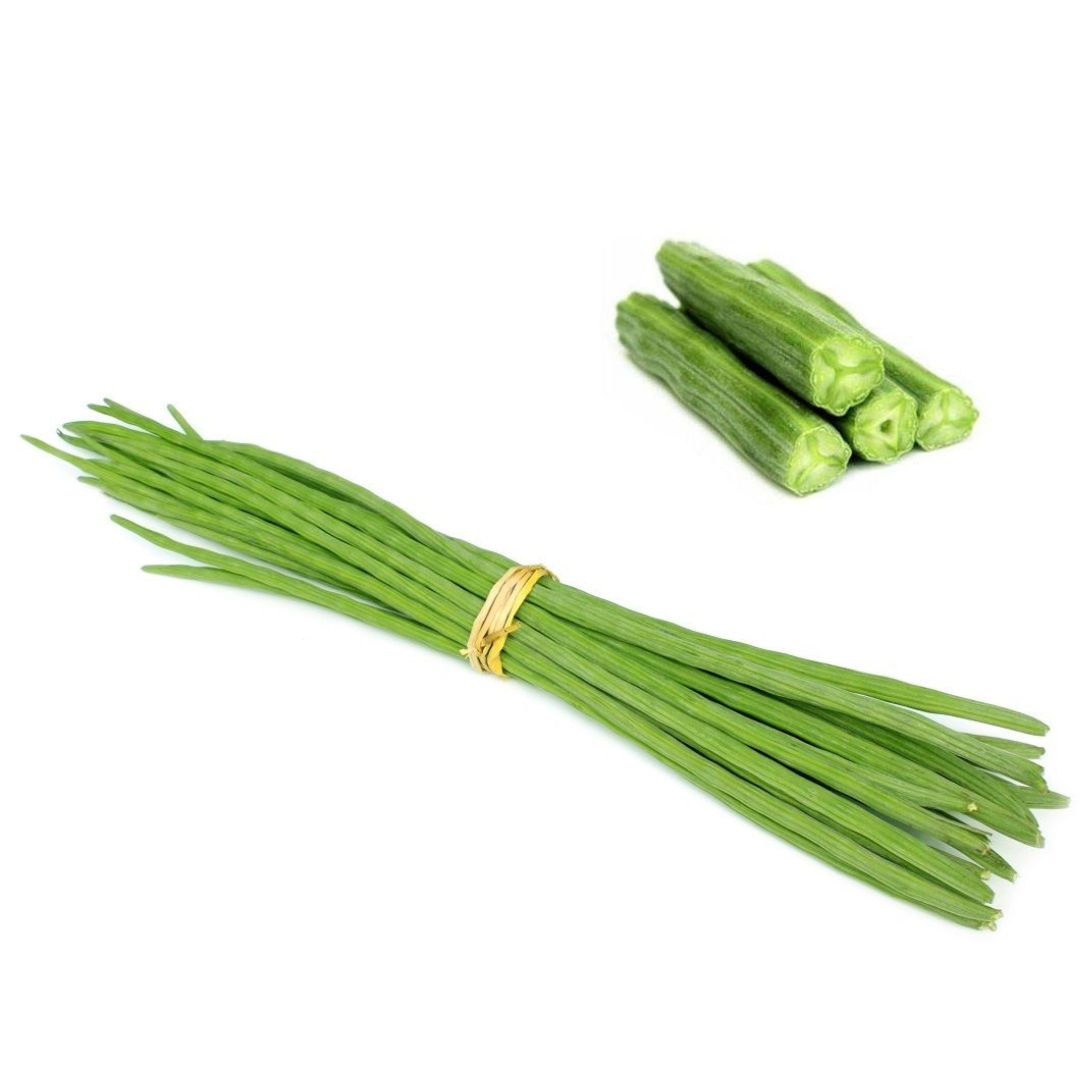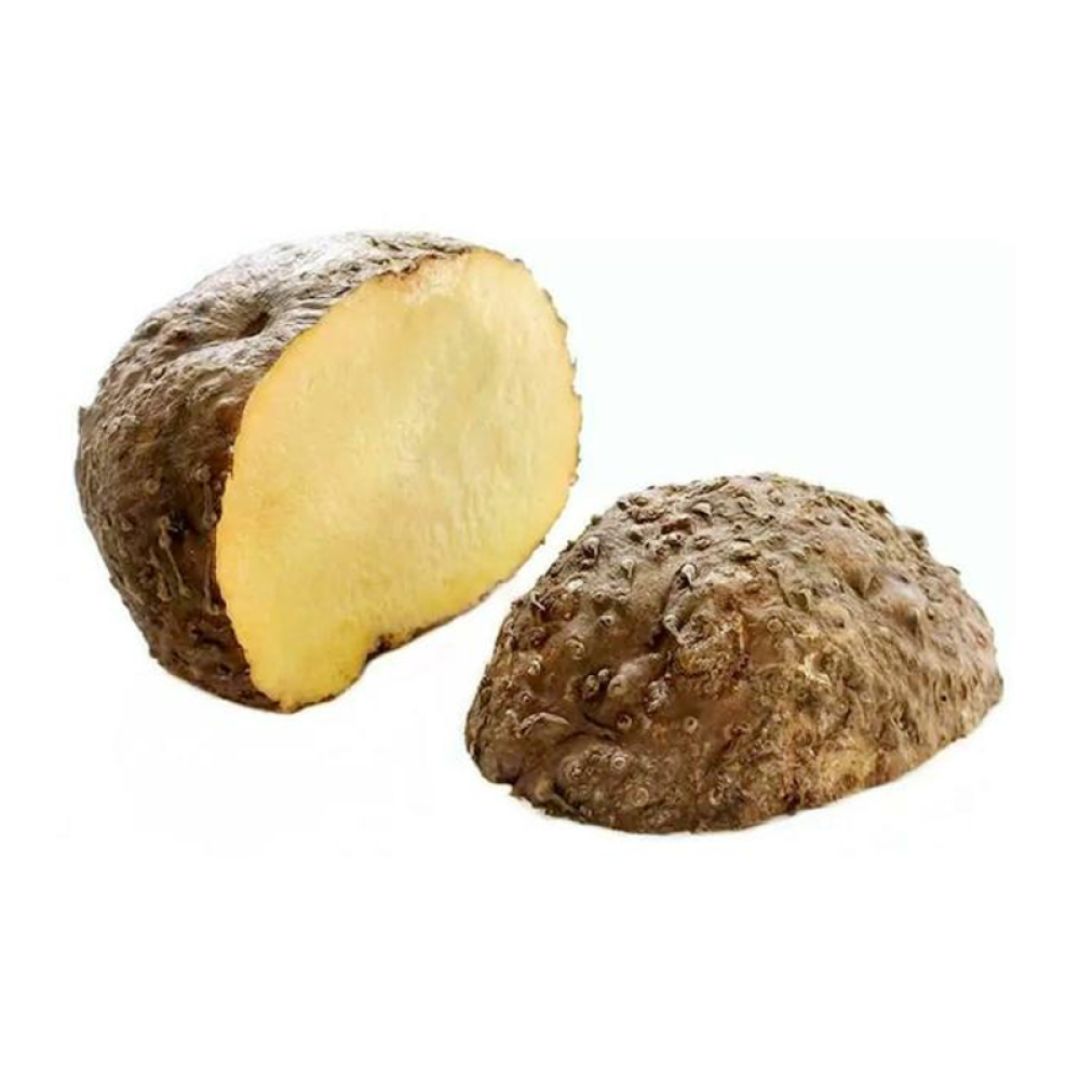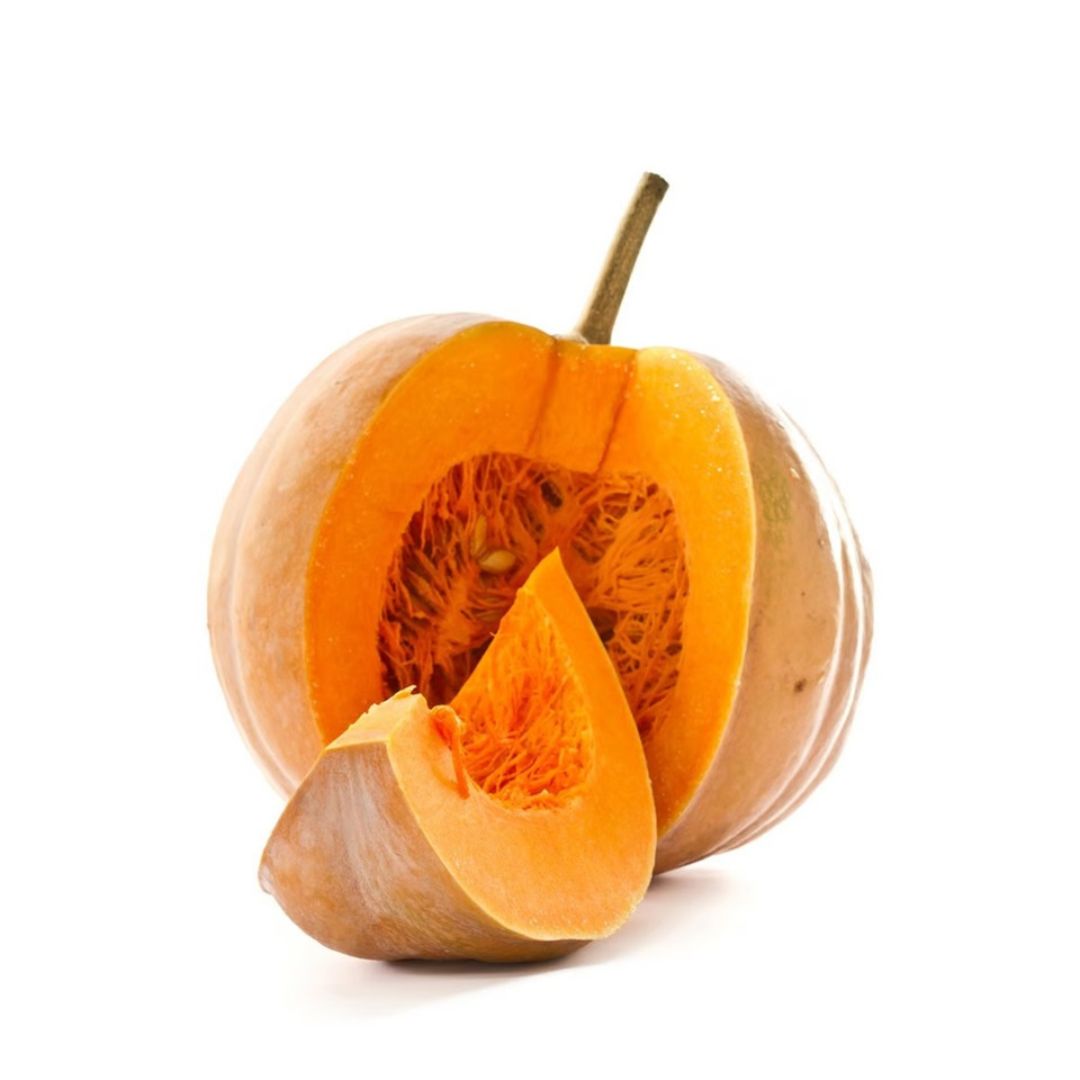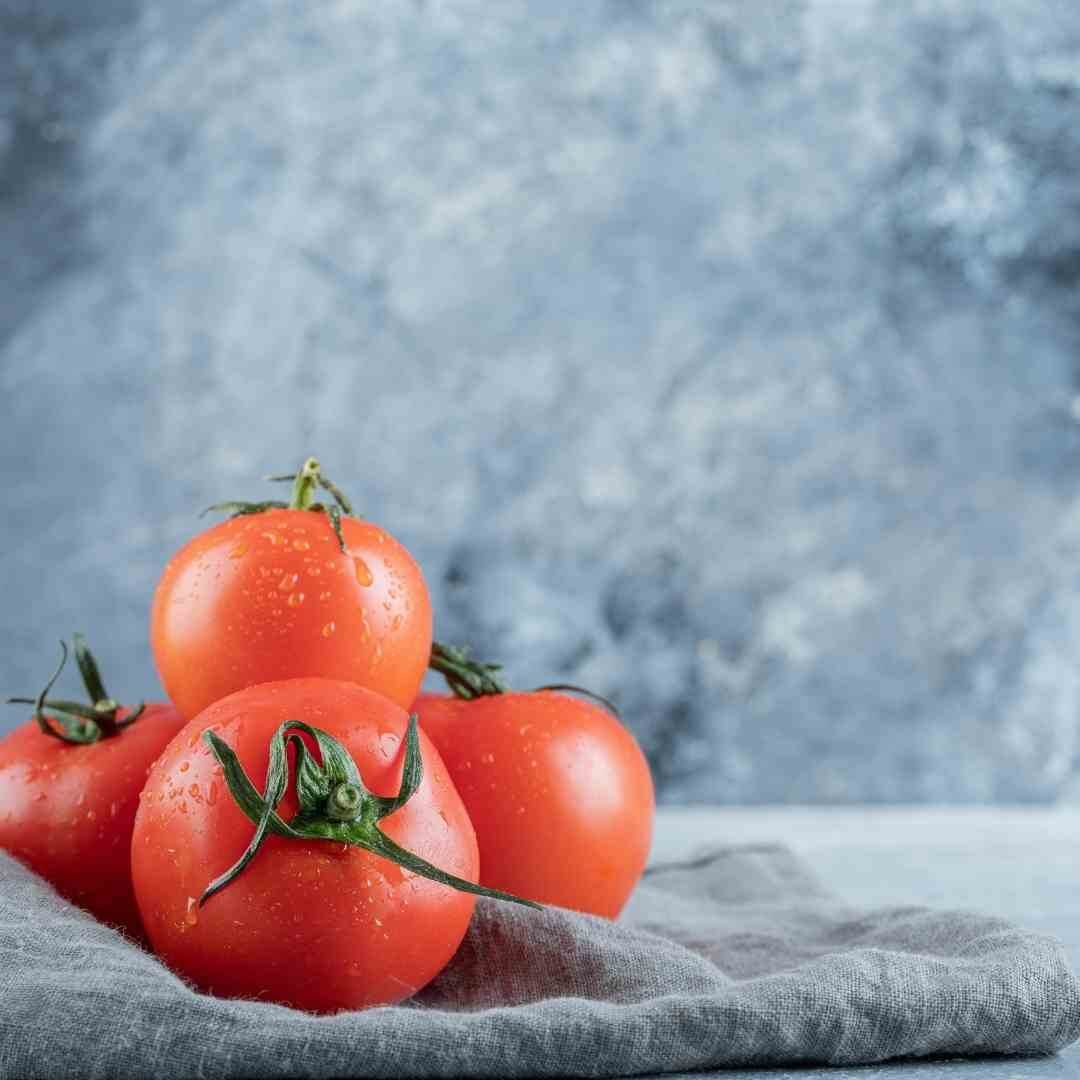Varieties of Indian Fresh Drumsticks
1. Desi Drumstick:
• This is the most commonly grown variety in India, known for its long, slender pods and rich flavor.
• It has a slightly thicker outer skin and is typically harvested when the pods are tender.
2. Hybrid Drumstick:
• Hybrid varieties are developed for higher yield, improved disease resistance, and faster growth.
• These varieties are more suitable for commercial production and have a higher nutritional value compared to traditional varieties.
3. Mature Drumsticks:
• These are older, thicker drumsticks used primarily for their seeds and pods. They are harvested when they are fully mature and have a harder outer skin.
Top Drumstick-Producing States in India
1. Tamil Nadu: One of the largest producers of drumsticks in India, especially in districts like Coimbatore, Salem, and Erode.
2. Andhra Pradesh: Drumsticks are cultivated extensively in the coastal and interior regions.
3. Karnataka: Grown in regions like Bangalore, Tumkur, and Mysore.
4. Maharashtra: Major production in Vidarbha and parts of the Konkan region.
5. Uttar Pradesh: Drumstick cultivation is popular in areas like Lucknow, Kanpur, and Varanasi.
Packaging and Transportation
1. Packaging Standards:
• Fresh drumsticks are usually packed in ventilated cartons, plastic crates, or woven bags to allow for airflow and prevent moisture buildup.
• Standard packaging sizes include 5kg, 10kg, or 20kg per carton, depending on the customer’s requirements.
• Drumsticks should be carefully packed to prevent bruising, and the packaging should help maintain freshness during transit.
2. Storage and Transport:
• Ideal temperature: Fresh drumsticks should be stored at 10–12°C for optimal shelf life. At higher temperatures, the pods can ripen quickly.
• Humidity: Moderate humidity (85-90%) is necessary to prevent dehydration and to keep the drumsticks fresh.
• Cold Chain: It is essential to maintain a cold chain from the farm to the destination port to preserve quality during long-distance transportation.
Advantages of Indian Fresh Drumsticks
1. Nutritional Value:
• Drumsticks are rich in vitamins (especially vitamin C, A, and several B vitamins), minerals (such as calcium, potassium, and iron), and protein.
• They are also packed with antioxidants, which contribute to overall health and well-being.
2. Health Benefits:
• Moringa is known for its anti-inflammatory, anti-diabetic, and cholesterol-lowering properties. The pods, leaves, and seeds are used in traditional medicine to promote digestion, boost immunity, and improve skin health.
3. Long Shelf Life:
• With proper storage and packaging, fresh drumsticks can be stored for several days to weeks, making them suitable for export.
4. Versatility in Culinary Use:
• Drumsticks are highly versatile and can be used in soups, curries, stews, and chutneys, making them a staple in Indian and Southeast Asian cuisines.
• The leaves of the drumstick tree are also used for medicinal purposes and in health supplements.
Challenges in Drumstick Export
1. Perishability:
• Drumsticks are highly perishable and need to be handled carefully to maintain their freshness. Proper refrigeration during transport is crucial to avoid spoilage.
2. Market Competition:
• India faces competition from other drumstick-producing countries like the Philippines and countries in Africa. Ensuring superior quality and competitive pricing is essential for maintaining market share.
3. Quality Control:
• Ensuring uniformity in size and freshness is essential for export. Overripe or damaged drumsticks will not meet export quality standards.
4. Storage and Handling:
• Drumsticks require proper temperature and humidity control, and any mishandling during harvesting or transport can lead to damage or degradation in quality.
Opportunities
1. Organic Drumsticks:
• Organic drumsticks are gaining popularity in international markets, particularly in Europe and North America, where there is an increasing demand for organic, sustainably sourced vegetables.
2. Drumstick Powder and Supplements:
• The drumstick tree's leaves and pods are used to create health supplements, powder, tea, and oils. These processed products have long shelf lives and can tap into the health and wellness market.
3. Frozen Drumsticks:
• The demand for frozen drumsticks is rising due to the ease of storage and convenience for consumers. Freezing drumsticks can help extend their shelf life, reduce spoilage, and make them easier to export.
4. Health and Wellness Trend:
• The growing interest in plant-based diets, superfoods, and nutritional supplements provides an opportunity for Indian drumsticks to be marketed as a highly nutritious vegetable and wellness product.




